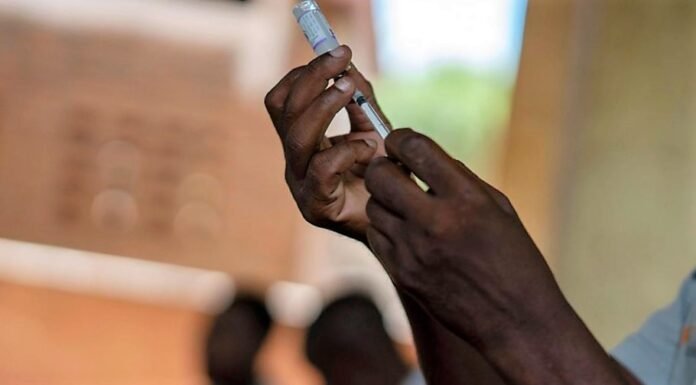Malaria, a disease that claims hundreds of thousands of lives each year, has long been a public health concern in Africa. It is therefore no surprise that a new malaria vaccine, developed by the University of Oxford, has been approved in Ghana as a solution to protect young children from the disease.
Preliminary Results Show Promise
Although the final results from late-stage trials have not yet been published, preliminary findings from early testing of the new vaccine have suggested a higher efficacy rate compared to the only malaria vaccine currently authorized by the World Health Organization (WHO). Late-stage testing of the vaccine is still underway in Burkina Faso, Kenya, Mali, and Tanzania, with the results expected later this year.
Examining the Current Vaccine
The current vaccine, Mosquirix, produced by GlaxoSmithKline, is only about 30% effective. However, the WHO has already implemented a pilot program of the world’s first authorized malaria vaccine, which is being tested in three African countries, including Ghana, Kenya, and Malawi.
Availability of the New Vaccine
It is still uncertain when the new vaccine will become available. The Ghanaian Food and Drug Authority approved its use for children aged five months to 36 months, the group at the highest risk of malaria-related deaths. When the new Oxford vaccine is in use, Ghanaian health officials will weigh the “pros and cons” before making a final decision on which one is more effective. Ghana is currently using the WHO-approved vaccine.
Potential to Save Lives
The developers of the new vaccine have expressed that it can be manufactured on a large scale at a modest cost. The Serum Institute of India has indicated that it could potentially manufacture over 200 million doses annually, with a factory being constructed in Ghana’s capital, Accra. The approval of the new vaccine in Ghana was applauded by health officials on the continent.
WHO Approval Pending
The WHO is currently reviewing the new vaccine, but is waiting for more data about its safety and efficacy from ongoing trials. While the initial results appear promising, the advisory panel on malaria vaccines has yet to give its approval for the vaccine. However, Mr. Tarik Jasarevic, a WHO spokesman, said that the organization would welcome a second malaria vaccine that is safe and efficacious and approved by the WHO to complement the roll-out of the first malaria vaccine.
The Urgent Need for a New Vaccine
The urgency for a new malaria vaccine is high, as it remains a significant public health issue in many countries. Halidou Tinto, director of research in parasitology at the Institute for Health Sciences Research in Nanoro and head of the vaccine trial in Burkina Faso, emphasized that swift approval is necessary to prevent thousands of children from dying from malaria.
Conclusion: Hope for Better Protection Against Malaria
In conclusion, the approval of the new malaria vaccine in Ghana for young children provides hope for better protection against the disease. Its potential to be manufactured on a large scale at a modest cost could significantly reduce malaria-related deaths. While the WHO’s approval is still pending, the urgency of the situation highlights the need for swift action to save lives.











